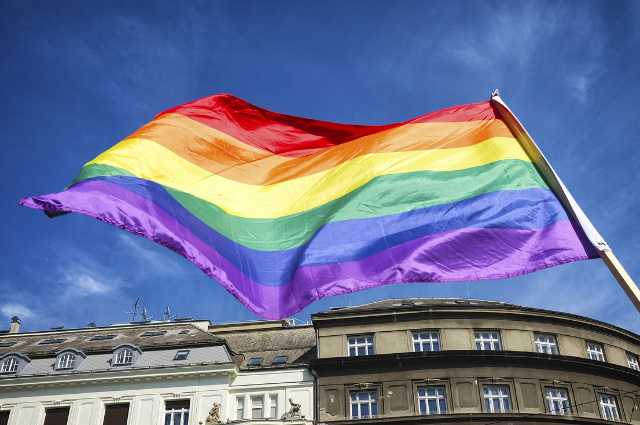
Image by Boris Štromar from Pixabay
The inception of the Honorable Supreme Court of India in 1950, located in Delhi, was a beacon of hope for justice seekers. However, recent developments, notably the verdict on October 17th, have cast a shadow of doubt upon its reputation.
On November 14th, 2022, the Supreme Court witnessed the filing of writ petitions by two same-sex couples. These petitions revolved around the constitutionality of the Special Marriage Act, 1954, and their quest for legal recognition of same-sex marriages in India. The first petition was submitted by Supriyo Chakraborty and Abhay Dang, and the second by Parth Phiroze Merhotra and Uday Raj Anand.
A pivotal moment arrived when a five-judge bench upheld the validity of the Special Marriage Act, 1954, while asserting that the right to marry is not a fundamental right for queer individuals. This decision came as a stark disappointment to those advocating for LGBTQ+ rights.
Fast forward to April 2023, and the Supreme Court of India was once again at the center of attention, with arguments pertaining to the repeal of the law prohibiting same-sex unions. Ultimately, the court rendered a 3-2 ruling against granting legal recognition to same-sex marriages. It is worth noting that the court heard arguments over the course of April and May before delivering its verdict.
In a 3:2 decision, a Constitution Bench led by Chief Justice of India D.Y. Chandrachud decided against conferring constitutional validity to same-sex marriages, emphasizing that the responsibility of legislation in this matter rests with the Parliament.
These events highlight a crucial shift in the landscape of civil rights for queer individuals in India, moving them from the judiciary to the domain of politics. The question that emerges, however, is why the Supreme Court struggled to reach a definitive stance. Was it influenced by deeply ingrained cultural norms, such as the prevalent Hindu mentality, or does it signify an inherent challenge in forming concrete rules on this issue?
Regardless of the underlying reasons, it is evident that the recent legal developments have fallen short of delivering justice to the LGBTQ+ community in India. The future trajectory of queer rights now lies in the hands of the country's legislators, leaving many to ponder the complexities and implications of this ongoing struggle for equality.
